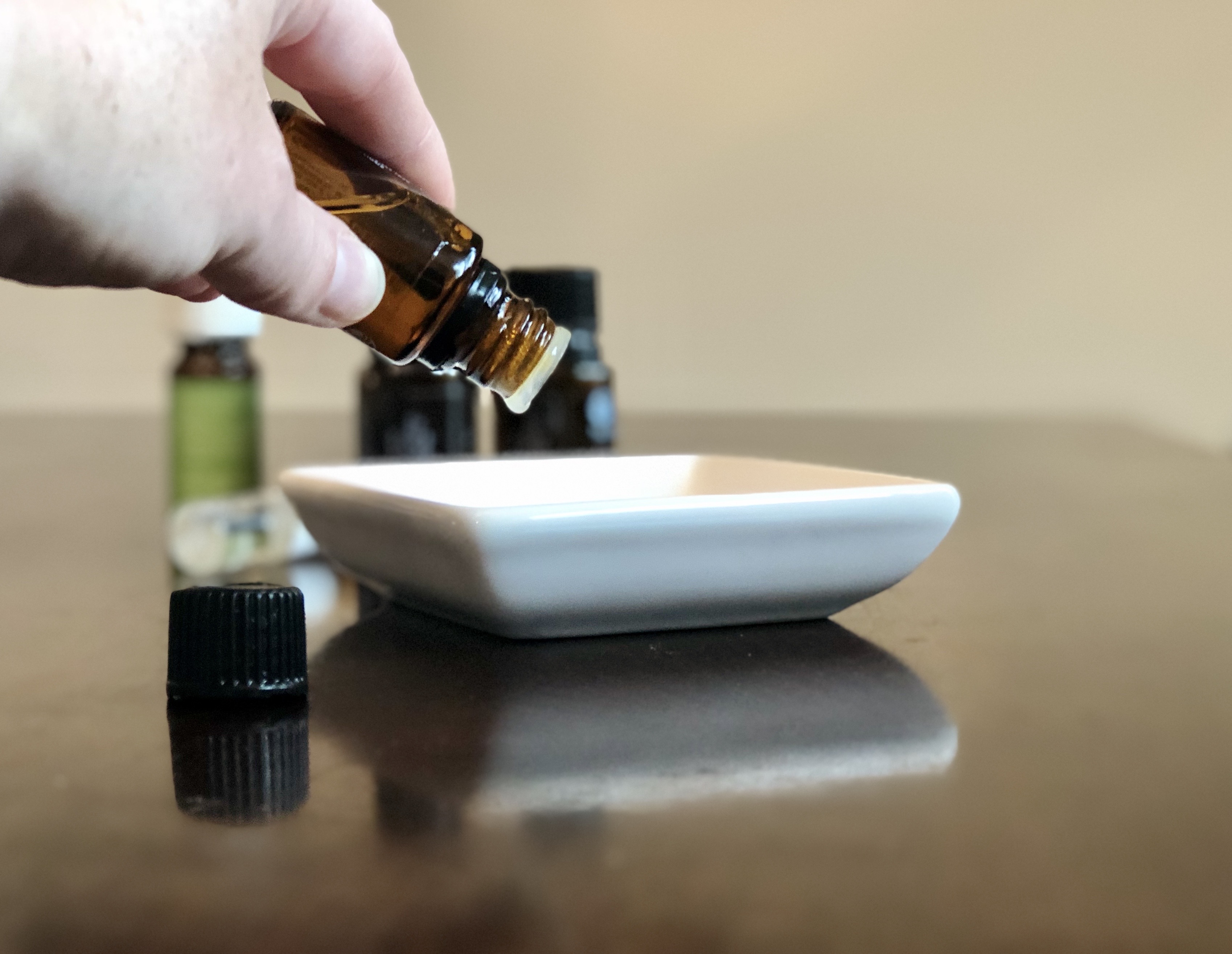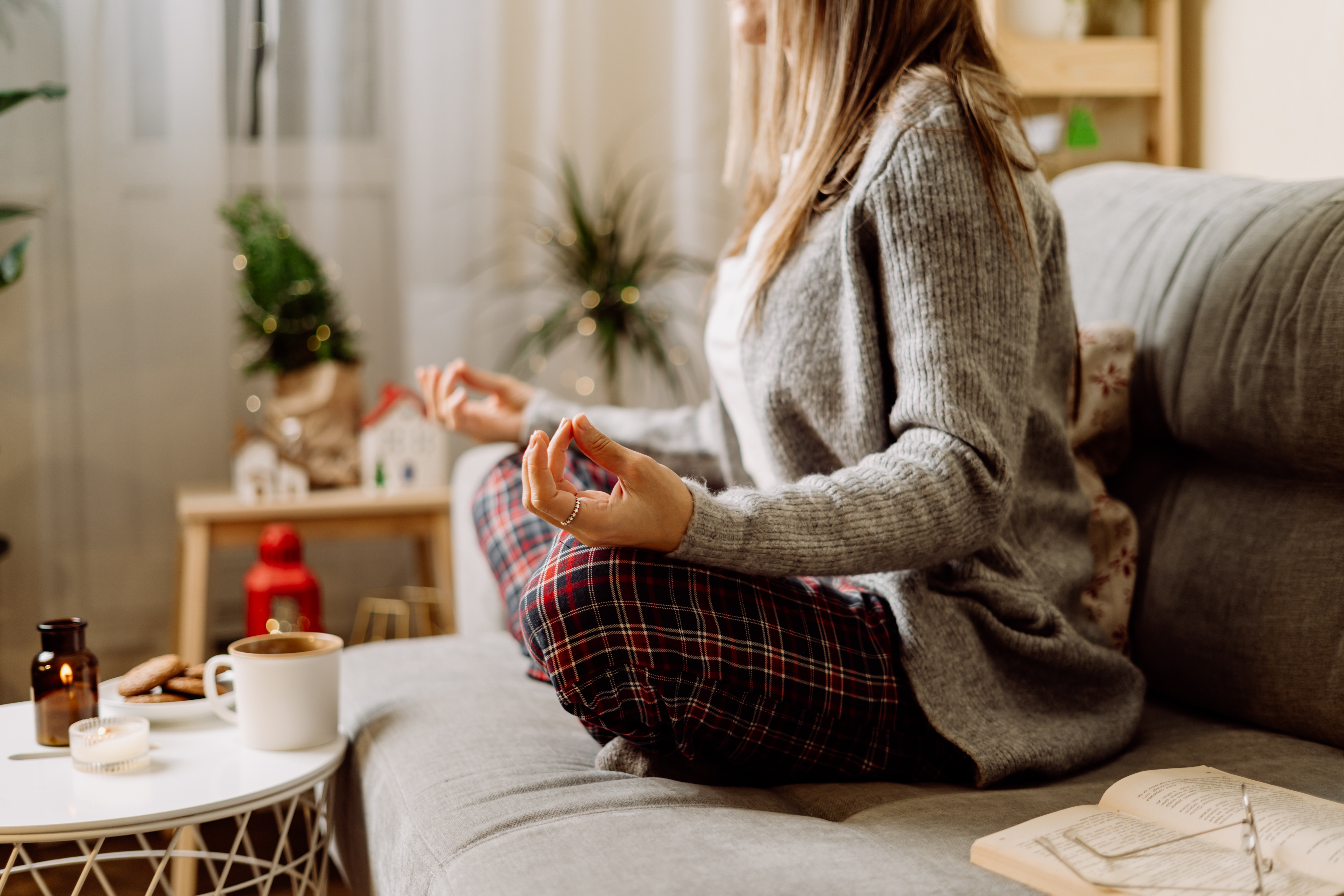10 Surprisingly Easy Natural Remedies to Banish Insomnia
In our fast-paced, technologically driven world, insomnia has become a common ailment, affecting millions globally. The quest for a good night's sleep is more crucial than ever, as restful slumber is essential for physical health, mental clarity, and emotional well-being. Insomnia can manifest as difficulty falling asleep, staying asleep, or waking up too early, and its causes are as diverse as its sufferers. While medication can provide temporary relief, many seek natural remedies to address the root causes of their sleep disturbances. Each remedy on this list is rooted in tradition, supported by modern research, and surprisingly easy — so let's start restoring your natural sleep cycle.
Embracing the Power of Herbal Teas

Herbal teas have been cherished for centuries as natural sleep aids. Chamomile tea, with its mild sedative effects, is renowned for its ability to calm the nervous system, making it easier to drift into sleep. Valerian root, another popular choice, has been shown to improve sleep quality without the grogginess associated with other sleep aids. Passionflower tea is also effective, particularly for those whose insomnia is linked to anxiety. These teas work by interacting with neurotransmitters in the brain, promoting relaxation and reducing the time it takes to fall asleep. Incorporating a nightly ritual of sipping herbal tea can signal to your body that it's time to unwind, creating a soothing prelude to sleep.
The Calming Effects of Aromatherapy

Aromatherapy, the practice of using essential oils for therapeutic purposes, offers a fragrant path to better sleep. Lavender oil, in particular, has been extensively studied for its calming properties. Its scent can lower heart rate and blood pressure, preparing the body for rest. Other oils like bergamot and ylang-ylang also promote relaxation and can be used in diffusers or applied topically before bedtime. Creating a bedtime routine that includes aromatherapy can help condition your mind and body to associate these scents with sleep, making it easier to transition from wakefulness to slumber. This natural method not only enhances sleep but also enriches the sensory experience of winding down.
The Role of Diet in Sleep Quality

What we consume has a profound impact on how well we sleep. Certain foods are rich in sleep-promoting nutrients like tryptophan, magnesium, and melatonin. Tryptophan, found in turkey and bananas, is an amino acid that helps produce serotonin, a precursor to melatonin, the sleep hormone. Magnesium, abundant in leafy greens and almonds, acts as a natural relaxant. Foods like cherries and tomatoes contain melatonin, directly influencing the sleep-wake cycle. Conversely, caffeine and sugar can disrupt sleep patterns, so it's advisable to limit their intake, especially in the hours leading up to bedtime. By making mindful dietary choices, you can naturally enhance your sleep quality.
The Benefits of Regular Exercise

Physical activity is a powerful ally in the battle against insomnia. Regular exercise helps regulate the body's internal clock and promotes deeper, more restorative sleep. It reduces stress and anxiety levels, common culprits of insomnia, and increases the production of sleep-enhancing hormones like endorphins and serotonin. However, the timing of exercise is crucial; engaging in vigorous activity too close to bedtime can have the opposite effect. Morning or early afternoon workouts are ideal, as they boost energy levels during the day and facilitate a natural decline in the evening. By incorporating regular exercise into your routine, you not only improve sleep but also enhance overall health and vitality.
Mindfulness and Meditation for Sleep

Mindfulness and meditation are ancient practices that have gained modern recognition for their ability to improve sleep. These techniques involve focusing on the present moment and cultivating a state of relaxed awareness, which can ease the mind and reduce the racing thoughts that often accompany insomnia. Guided meditations, body scans, and breathing exercises are particularly effective in preparing the mind for sleep. Regular practice can rewire the brain, enhancing its ability to transition into sleep more easily. By dedicating a few minutes each day to mindfulness or meditation, you can create a mental environment conducive to restful sleep, breaking the cycle of insomnia.
Creating a Sleep-Conducive Environment

The environment in which you sleep plays a pivotal role in the quality of your rest. A bedroom that is quiet, dark, and cool is ideal for sleep. Blackout curtains, earplugs, and white noise machines can help mitigate external disruptions. The bed itself should be comfortable and supportive, with pillows and mattresses tailored to your personal preferences. Additionally, the use of electronics before bedtime should be minimized, as the blue light emitted by screens can interfere with melatonin production. By transforming your bedroom into a sanctuary for sleep, you create an environment that naturally encourages relaxation and restfulness.
The Healing Touch of Acupuncture

Acupuncture, a traditional Chinese medicine practice, has been used for centuries to treat various ailments, including insomnia. By inserting fine needles into specific points on the body, acupuncture aims to balance the flow of energy, or qi, and promote healing. Research suggests that acupuncture can increase the production of melatonin, reduce anxiety, and improve sleep quality. It offers a holistic approach to treating insomnia, addressing both physical and emotional imbalances. For those seeking a natural and integrative remedy, acupuncture provides a unique pathway to achieving restful sleep, enhancing overall well-being.
The Science of Sleep Cycles

Understanding the science of sleep cycles can empower you to optimize your sleep patterns. Sleep consists of several stages, including light sleep, deep sleep, and REM (rapid eye movement) sleep, each playing a crucial role in physical and mental restoration. Insomnia often disrupts these cycles, leading to fragmented and unsatisfying sleep. By adhering to a consistent sleep schedule, you can align your internal clock with the natural rhythm of sleep, improving its quality. Awareness of your body's signals and maintaining regular sleep and wake times, even on weekends, can significantly enhance your sleep architecture, leading to more restful nights.
The Impact of Stress Management

Stress is a leading cause of insomnia, and managing it effectively can lead to significant improvements in sleep. Techniques such as progressive muscle relaxation, journaling, and cognitive behavioral therapy (CBT) can help reduce stress levels and address the underlying thoughts and behaviors contributing to sleep disturbances. By incorporating stress management strategies into your daily routine, you can create a mental landscape that is more conducive to sleep. This holistic approach not only alleviates insomnia but also enhances overall quality of life, fostering resilience and emotional balance.
Embracing Nature’s Solutions

In the pursuit of restful nights, nature offers a wealth of remedies that address the multifaceted nature of insomnia. From herbal teas and aromatherapy to diet, exercise, and stress management, these natural solutions provide a holistic approach to improving sleep quality. By embracing these remedies, you can restore balance to your sleep-wake cycle, enhancing your health and well-being. As you integrate these practices into your life, remember that consistency is key. With patience and dedication, you can harness the power of nature to banish insomnia, paving the way for rejuvenating and restorative sleep.